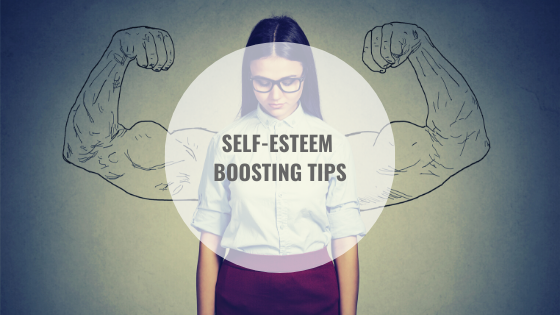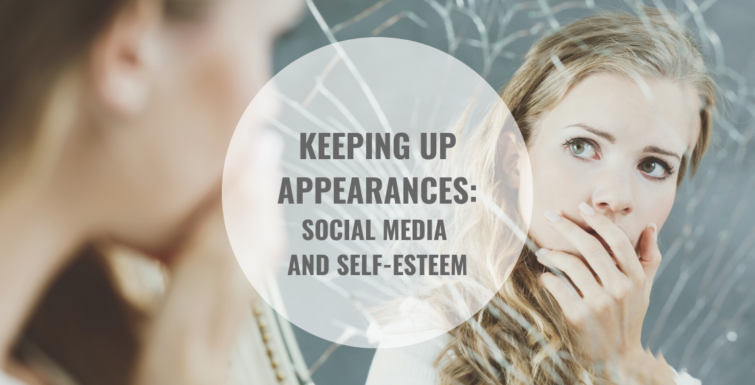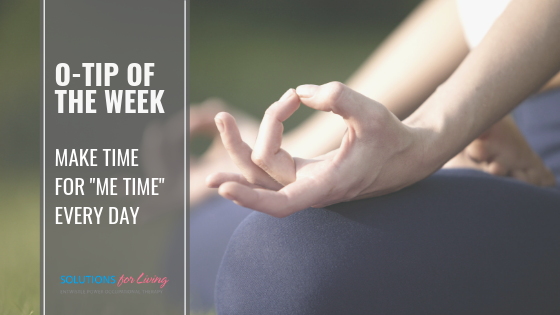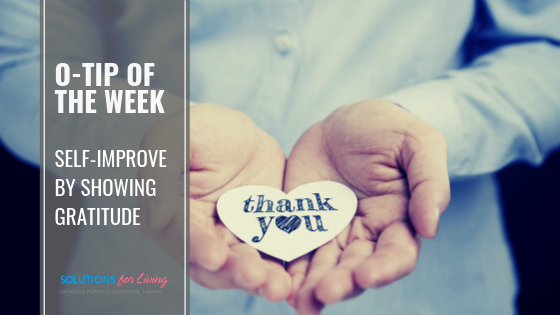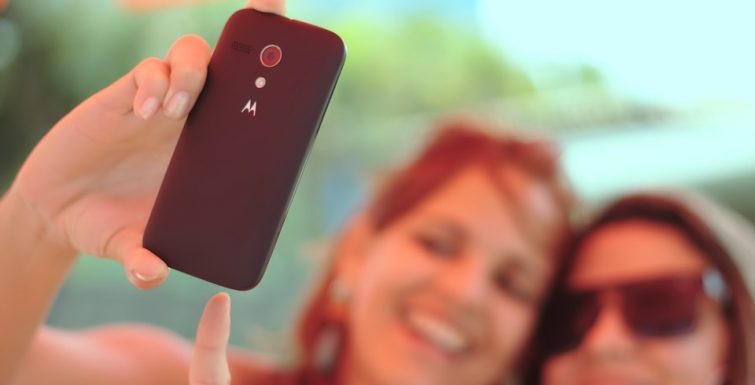Guest Blogger: Susan Wang, Occupational Therapist
In the current age of media, the internet and social media sites (especially Instagram) contribute heavily towards bombarding young girls with images and videos of models. Approx. 90% of adolescents use social media daily, frequently for more than 2 hours a day. Girls are more exposed in higher rates to media than boys which make females much more vulnerable to the negative impacts of media than boys. With the rise of social media use for marketing and advertising, content creators and models can interact heavily with their viewers through comments and live videos. They create heavily curated profiles and document intimate moments of their lives that thousands (sometimes millions) of individuals follow and keep up with. This, in addition to the popularity of Instagram use by celebrities, can create the illusion of forming authentic relationships with their audience. The interactive nature of social networking also provides opportunities for girls to compare their appearance with their peers. For example, taking selfies may cause women to scrutinize their own image from an observer’s perspective, which is then further reinforced by instant feedback on their appearance through the form of comments and ‘likes.’
Social media presents unique pressures on body dissatisfaction and disordered eating. It is a highly visual environment in which appearance ideals and the pursuit of thinness are promoted. Indeed, the interactive nature of social media appears to contribute to increases in disordered eating. As social media marketing and advertising continues to grow, competition amongst content creators and “influencers” also rises. There is a need to create a persona and create images/videos that stand out amongst the thousands of other marketers competing for the same sponsorships. This results in models utilizing photo editing apps to alter their images. With the rise of “FaceTune” and other photo editing apps, it is increasingly easier for individuals to alter their images, without needing to consult professionals or develop skills in photo editing. This has resulted in girls comparing themselves to unrealistic beauty standards.
In addition, celebrities such as Kim Kardashian have normalized the usage of surgical enhancements. Lip injections, breast augmentations, “fillers”, and other cosmetic surgery has been on the rise in recent years. Cosmetic doctors have reported an increase in teens seeking lip injections, citing photos of Kylie Jenner as an inspiration. Studies have shown that women who rated their self-esteem, life-satisfaction, and attractiveness as low, were more likely to undergo cosmetic surgery. This study also indicated that women with high social media exposure were more likely to undergo plastic surgery. There is also an increase in the number of teenagers seeking plastic surgery. In 2017, approximately 220,000 cosmetic procedures were performed on patients aged 13-19 and social media plays a large part in this trend. The average Millenial takes over 25,000 selfies in their lifetime, which is one of the major reasons for the self-esteem issues in this age group. In a recent American Academy of Facial Plastic and Reconstructive Surgery survey, more than 40% of surgeons said looking better in selfies on Instagram, Snapchat, and Facebook was an incentive for patients of all ages getting surgery. This is magnified for teens, who use social media more often.
Instagram vs. Reality
There are existing efforts to combat the rise in unrealistic beauty standards by raising awareness about the increasing use of photo editing apps. One such example is a community on the forum “Reddit” that posts side-by-side comparisons of edited images posted by models and celebrities and non-edited photos or videos depicting what they actually look like. While some of the posts contain borderline offensive/body-shaming comments, the concept can be helpful, especially for young girls, in highlighting the efforts and altering (posing, editing) that goes into celebrities’ images.
Some additional helpful resources we came across include:
References:
Brown, A., Furnham, A., Glanville, L., & Swami, V. (2007). Factors that affect the likelihood of undergoing cosmetic surgery. Aesthet Surg J, 27 (5). 501-508.
Paul, K. (2018, October 10). Do Instagram and Snapchat distort how teenagers see themselves? MarketWatch. Retrieved from
https://www.marketwatch.com/story/the-unsettling-relationship-between-selfie-filters-and-plasticsurgery-2018-08-02
Paul, K. (2018, September 30). More than 200,000 teens had plastic surgery last year, and social media had a lot to do with it. MarketWatch. Retrieved from https://www.marketwatch.com/story/should-you-let-your-teenager-get-plastic-surgery-2018-08-29
Fardouly, J., Diedrichs, P. C., Vartanian, L. R., & Halliwell, E. (2015). The mediating role of appearance comparisons in the relationship between media usage and self-objectification in young women. Psychology of Women Quarterly, 39, 447–457.
Oberst, U., Wegmann, E., Stoft, B., Brand, M., & Chamarro, A. (2017). Negative consequences from heavy social networking in adolescents: The mediating role of fear of missing out. Journal of Adolescence, 55, 51-60.
Costa, L. D. C. F., de Vasconcelos, F. D. A. G., & Peres, K. G. (2010). Influence of biological, social and psychological factors on abnormal eating attitudes among female university students in Brazil.
Journal of Facial Plastic Surgery (2014). Selfie trend increases demand for facial plastic surgery. Retrieved from https://www.aafprs.org/media/press_release/20140311.html
Salmela-Aro, K,, Upadyaya, K., Hakkarainen, K,, & Lonka, K. (2016). The Dark Side of Internet Use: Two Longitudinal Studies of Excessive Internet Use, Depressive Symptoms, School Burnout and Engagement Among Finnish Early and Late Adolescents. Journal of Youth and
Adolescence, 46 (2). DO – 10.1007/s10964-016-0494-2
de Vries, D. A., & Peter, J. (2013). Women on display: The effect of portraying the self online on women’s self-objectification. Computers in Human Behavior, 29, 1483e1489. https://doi.org/10.1016/j.chb.2013.01.015 .
Spettigue, W., & Henderson, K.A. (2004). Eating disorders and the role of the media. The Canadian Child and Adolescent Psychiatry Review, 13 (1), 16-19.

